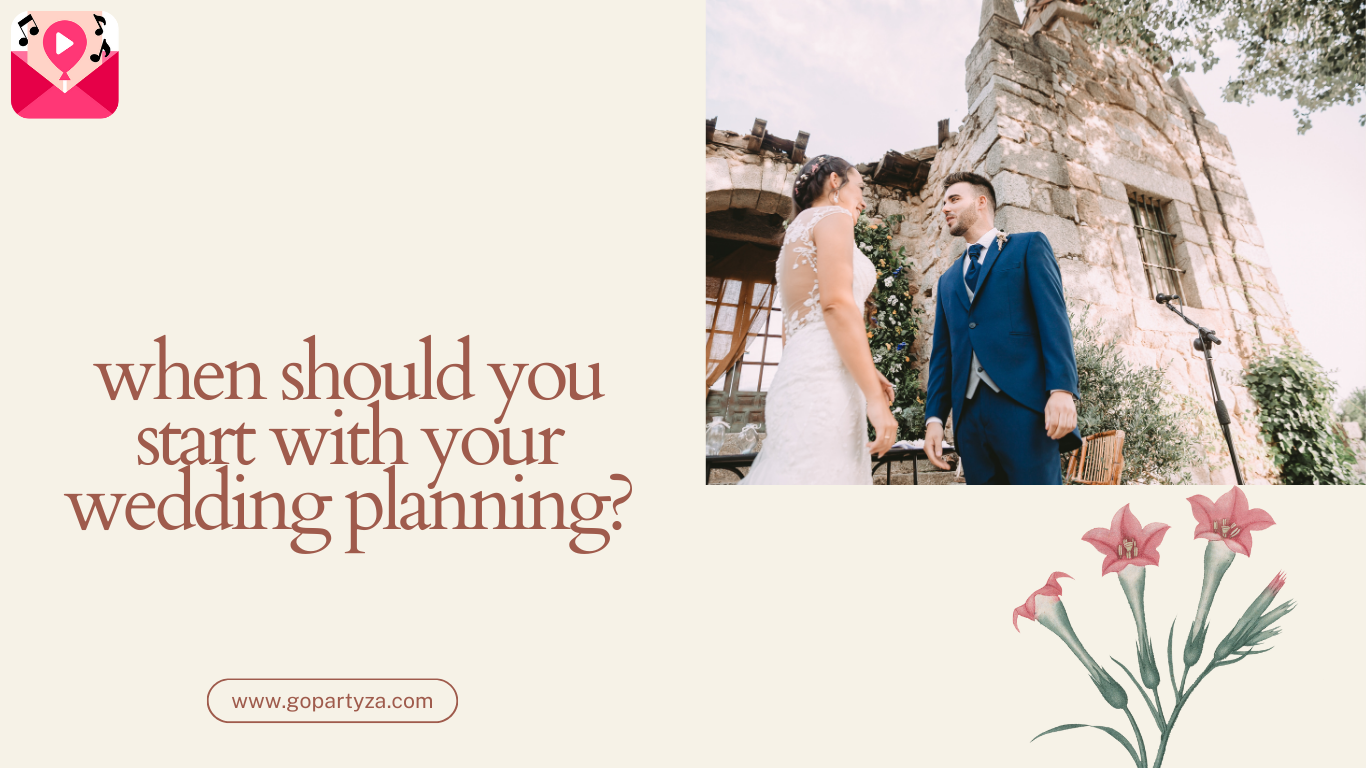Planning a wedding is a monumental task that requires careful consideration and ample time. From choosing the venue to selecting the perfect dress, there are countless decisions to make. One of the most common questions that couples face is, “When should you start with your wedding planning?” The answer to this question can vary depending on various factors, but there are some general guidelines to consider to ensure a smooth and stress-free planning process.
Setting the Date
The first step in wedding planning is often setting the date. This decision can significantly impact the timeline for the rest of the planning process. Ideally, couples should aim to set their wedding date at least 12 to 18 months in advance. This allows for ample time to secure the desired venue, vendors, and other essential elements.
Factors to Consider When Choosing the Date
- Venue Availability: Popular wedding venues tend to book up quickly, especially during peak wedding season. Couples should consider the availability of their preferred venue when selecting a date.
- Season: The time of year can influence various aspects of the wedding, from the weather to the availability of seasonal décor. Consider whether you prefer a spring, summer, fall, or winter wedding.
- Special Dates: Some couples may have a specific date in mind that holds significance to them, such as the anniversary of their first date or a family member’s birthday.
Early Planning Stages
Once the wedding date is set, couples can begin the early planning stages. This typically involves laying the groundwork for the various aspects of the wedding and establishing a budget.
Tasks to Complete Early in the Planning Process
- Create a Budget: Determine how much you are willing to spend on each aspect of the wedding, including venue, catering, attire, and decorations.
- Draft a Guest List: Start compiling a list of potential guests to get an idea of the size and scope of your wedding.
- Research Vendors: Begin researching and reaching out to potential vendors, such as photographers, florists, and caterers.
Mid-Range Planning
As the wedding date approaches, couples should focus on finalizing the details and securing contracts with vendors.
Key Tasks During Mid-Range Planning
- Finalize Vendor Contracts: Confirm bookings with vendors and ensure that all details are outlined in written contracts.
- Select Attire: Choose wedding attire for the bride, groom, and wedding party, and schedule any necessary fittings.
- Send Save-the-Dates: Send out save-the-date cards to inform guests of your wedding date and location.
Final Preparations
In the months leading up to the wedding, couples should focus on tying up loose ends and ensuring that all details are in place for the big day.
Also Read:- The Ultimate Wedding Planning Checklist: Your Stress-Free Guide to a Dream Wedding
Final Preparations Checklist
- Finalize Seating Arrangements: Create seating charts and finalize arrangements for the ceremony and reception.
- Confirm Details with Vendors: Touch base with vendors to confirm delivery times, set-up arrangements, and any last-minute changes.
- Obtain Marriage License: Obtain the necessary marriage license from your local government office.
Conclusion
In conclusion, the timing of when to start wedding planning can vary depending on individual preferences and circumstances. However, a general guideline is to begin the planning process at least 12 to 18 months in advance to ensure that all necessary arrangements can be made smoothly. By carefully considering factors such as the wedding date, budget, and vendor availability, couples can embark on their wedding planning journey with confidence and excitement. Remember, early planning leads to a less stressful and more enjoyable wedding experience for everyone involved. When it comes to creating your wedding invites Partyza: Video Invitation Maker is there for you.
